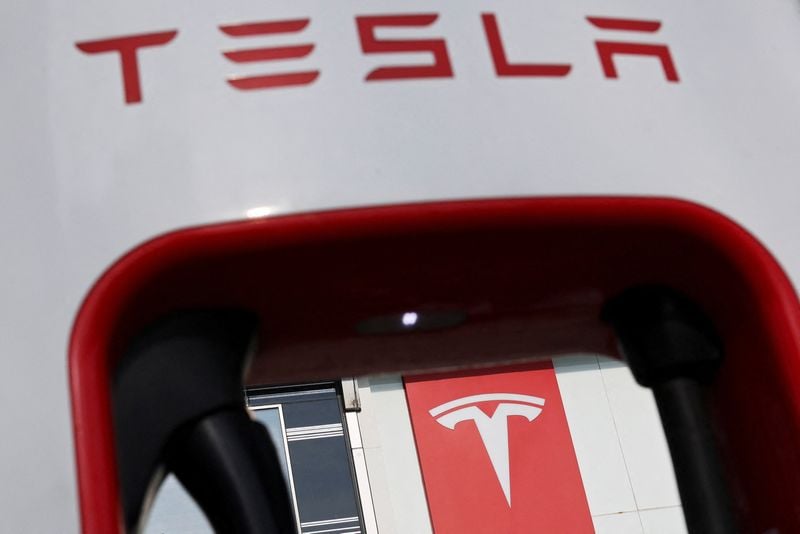Trenton, NJ – Like his failed offshore wind programs, New Jersey Governor Phil Murphy’s 2035 gas car sales ban appears to be dead in the water.
In a 51-44 vote on Thursday, the U.S. Senate repealed an Environmental Protection Agency (EPA) waiver that allowed states like New Jersey to enforce the Advanced Clean Cars II (ACC II) rule, a regulation mandating a transition to 100% zero-emission vehicle sales by 2035. The decision, passed under the Congressional Review Act, halts New Jersey’s ambitious plan to phase out new gas-powered vehicles, raising questions about the state’s climate goals and clean energy future.
The ACC II rule, originally adopted by California and followed by New Jersey and other states, required automakers to gradually increase the proportion of electric vehicles (EVs) and other zero-emission vehicles in their fleets, targeting 68% of new car sales by 2030 and 100% by 2035. The Senate’s vote nullifies the EPA waiver, stripping New Jersey of its authority to enforce these standards. Critics of the rule, including some senators and automakers, argued it imposed high costs on consumers and strained an industry already grappling with supply chain issues.
Impact on New Jersey’s Climate Agenda
New Jersey’s adoption of ACC II was a cornerstone of Governor Phil Murphy’s climate strategy, which aims to cut greenhouse gas emissions by 50% by 2030 and achieve net-zero emissions by 2050. The rule was expected to reduce tailpipe emissions, improve air quality, and drive investment in EV infrastructure, such as charging stations.
With the waiver overturned, state officials face a significant roadblock.
The repeal could slow the state’s EV adoption timeline. New Jersey had projected that ACC II would make EVs more accessible and affordable over time, saving drivers money on fuel and maintenance.
Mixed Reactions Among Residents
Public opinion in New Jersey is divided. Supporters of ACC II, including environmental groups and urban residents, view the Senate’s vote as a setback for progress.
Some residents, particularly in rural areas like Sussex and Warren counties, welcome the repeal. They cite limited charging infrastructure and the high upfront cost of EVs—often $10,000 more than comparable gas-powered models—as barriers.
What’s Next for New Jersey?
While the Senate’s vote prevents New Jersey from enforcing ACC II, it does not prohibit voluntary efforts to promote EVs. Governor Murphy could pursue alternative measures, such as increased EV rebates, tax incentives, or state-funded charging station programs. However, these initiatives would likely fall short of the sweeping impact of a mandatory phase-out of gas-powered vehicles.
Legal challenges are another possibility. Some states may argue that the repeal oversteps federal authority or seek new pathways to reinstate similar standards. For now, New Jersey’s Department of Environmental Protection is consulting with stakeholders to chart a path forward.
